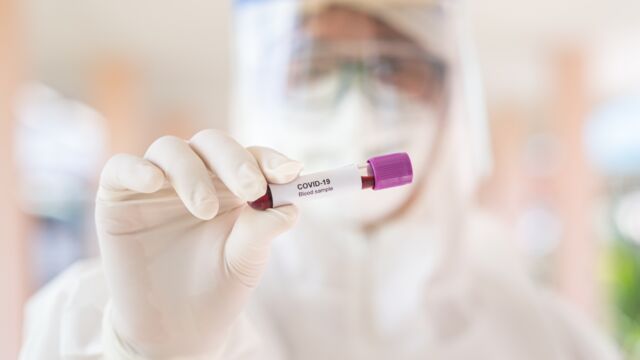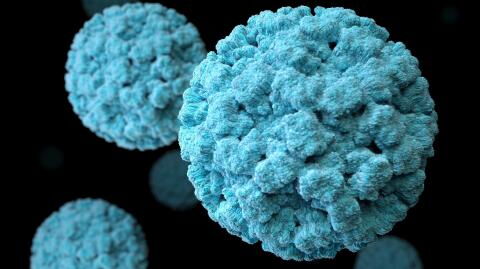Scientists are desperately trying to understand the COVID-19 coronavirus so that they can find a vaccine or a cure to help the multitude of people who have fallen victim to it all over the world.
Discover our latest podcast
Governments and public administrations are taking drastic measures to ensure public safety and lots of people have recently been put into quarantine as a result. The aim is to avoid this virus from spreading and above all else, protect those who are the most at risk, such as the elderly or people with pre-existing medical conditions.
But recently, amidst this almost apocalyptic situation we currently find ourselves in, a group of Spanish researchers have discovered that the virus has actually mutated several times and the current strand that exists in Europe is not the same as the one that originally came from the city of Wuhan in China.
This study was carried out in Valencia where, on 13th February, the first Spanish citizen died from the virus, the first victim of the coronavirus outside of Asia.
Just today, Spain announced that they had obtained the first complete genomes of the SARS-CoV-2 virus, the virus that causes COVID-19. The samples that they analysed were taken from three patients that were infected in the Spanish city of Valencia and were treated at the University Hospital in the city.
In fact, experts have indicated that the virus is still constantly mutating and has done so in such a way that it is already different from the original Chinese version.
‘The genome of the virus is in con continuous mutation, and that is precisely what allows us to follow its trajectory in different countries and transmission routes,’ explained Fernando González, professor of Genetics at the University of Valencia, to the Spanish newspaper El Confidencial.
González was one of the scientists that were involved in the COVID-19 sequencing, he also explained that ‘The isolated patients that we have sequenced in Valencia differ in six, one and nine mutations of the virus originally sequenced in Wuhan.’
However, although all of this doesn’t sound particularly great right now, the truth is that experts believe this change in the virus doesn’t mean this current version of it is more lethal than its predecessors.
'Until now, no mutation has been found associated with greater virulence, lethality or some interesting property from a clinical point of view,’ explained the University of Valencia in a statement.
Furthermore, according to information obtained from El Mundo, the samples taken in Valencia have been incorporated into a global database that documents this and other infections including the GISAID public consortium, the Nextstrain platform (which allows us to visualise the spatial and temporal progression of the pandemic from the half a thousand genomes it already has), and the gene bank known as the National Institutes of Health in the USA.















